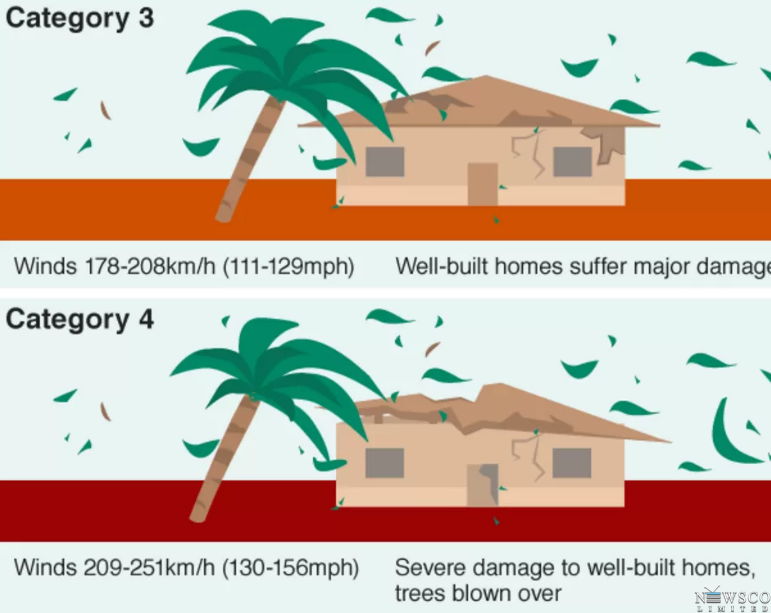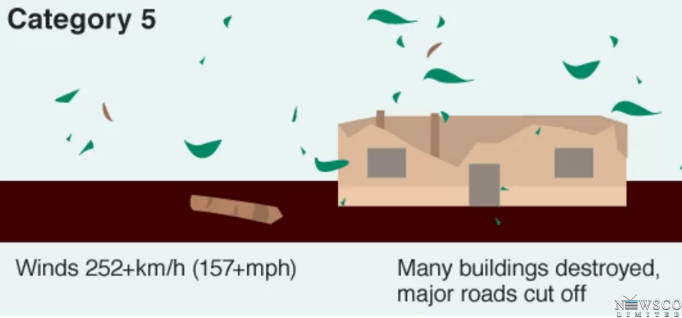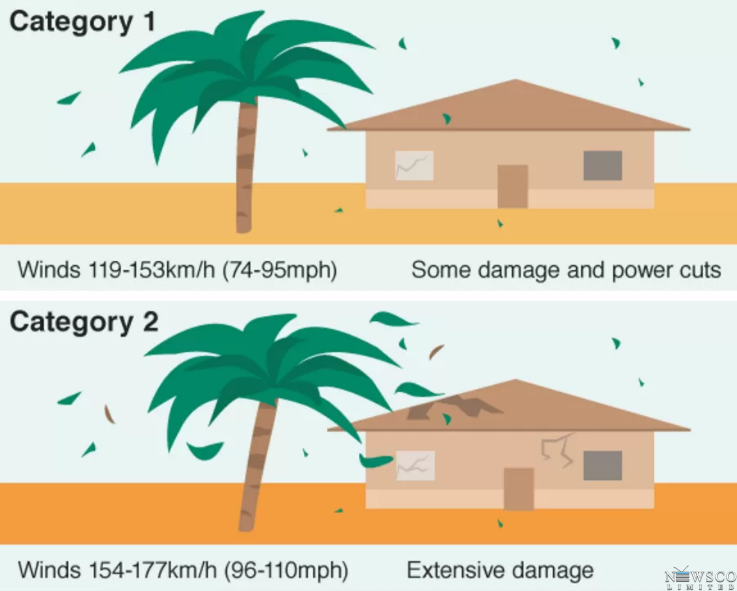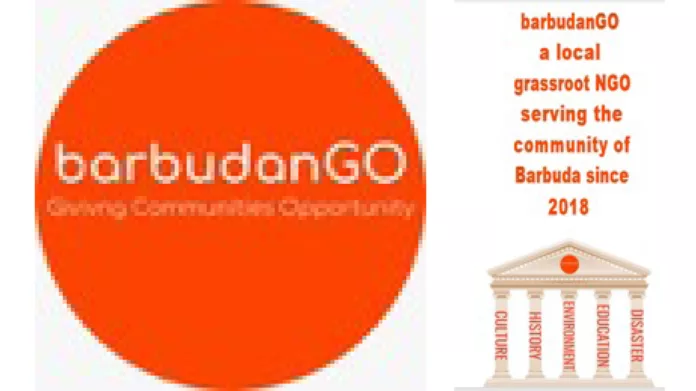written by barbudanGO
The hurricanes of 2017 – 2019 should have collectively worked to bring every Caribbean resident to a position of being “woke”. For sure, we no longer deem advice or warnings to get prepared as a wastage of resources, financial or otherwise, and we no longer nonchalantly say “it will shift”.
Our experience and observation of the 2017 – 2019 hurricane seasons have confirmed that storms are stronger. Within 24 hours an expected category 2 hurricane can strengthen to a category 5; and a hurricane can cut its speed to 0 miles per hour and hover over land, causing destruction for days.
Before Hurricane Irma in 2017, the last major hurricane that had hit our twin nation state was Hurricane Luis, 22 years prior. The able-bodied adult population responsible for preparing their families during the wake of Hurricane Irma were roughly between 10 and 32-years-old when Luis hit. It is not surprising that this cohort had very little knowledge to enable them to determine suitable disaster risk measures to employ to protect their families and property.
The 2017 hurricane season amplified the following:
- Hurricane and other disaster education drives must be continuous
- Understand classification of weather systems
- Understand what is meant by the terms, watch and warning
- Understand that we live in a hurricane hot zone; know our geographic co-ordinates
- Use a reliable weather tracking app; remain abreast of active systems
- Families should be in disaster preparation mode by the month of May
- Disaster preparedness teams should have trained response personnel
- Communities should be aware of the vulnerable members amongst them to include pregnant women
- Communities should work to clear their area of debris
- Solid Waste Management should be able and willing to provide communities with the support needed to be prepared
- Individuals should NOT weather a severe storm alone
- Residents in low lying areas should relocate



However, while the drive to be prepared is paramount, barbudanGO daresay the drive to be resilient is more pressing. As a nation state we must understand the direct effects of climate change. The reduced rainfall, prolonged dry season, the increase in severe storms and reduction of coastline due to rising sea levels are all connected to climate change. We are not “woke” enough as a community. The need to make our communities more resilient and able to mitigate future risks has not been able to take a position of priority.
Maya Angelou said, “Do the best you can until you know better. Then when you know better, do better”. We now know better, and we are continuously learning. In this era of climate change, we need to figure out how to move forward and incorporate the lessons learnt in our development and action plans. Disaster Mitigation is one-way barbudanGO works to give its community opportunity. barbudanGO’s aim is to promote conversations that would lead to action to build a more disaster resilient community.

